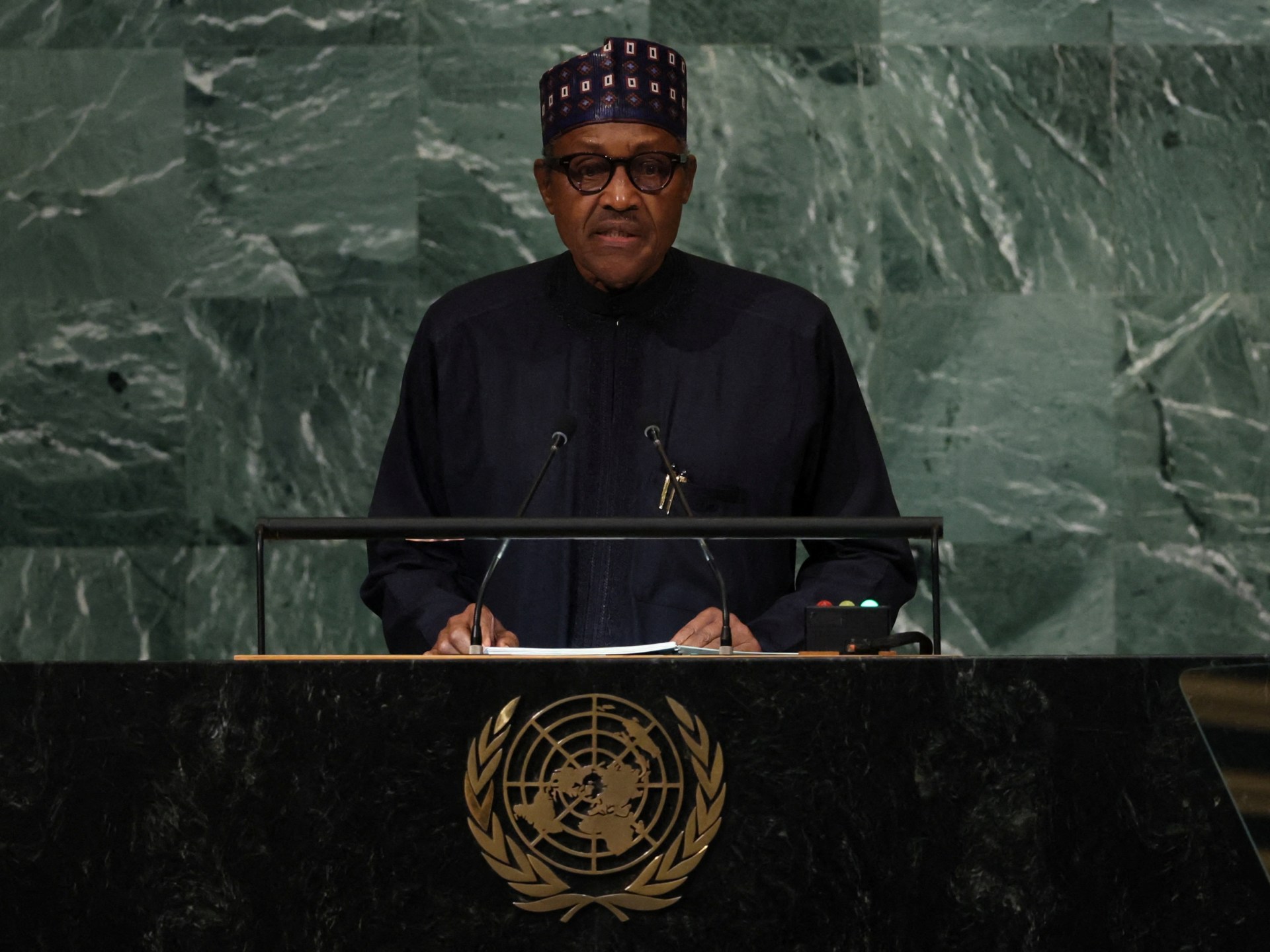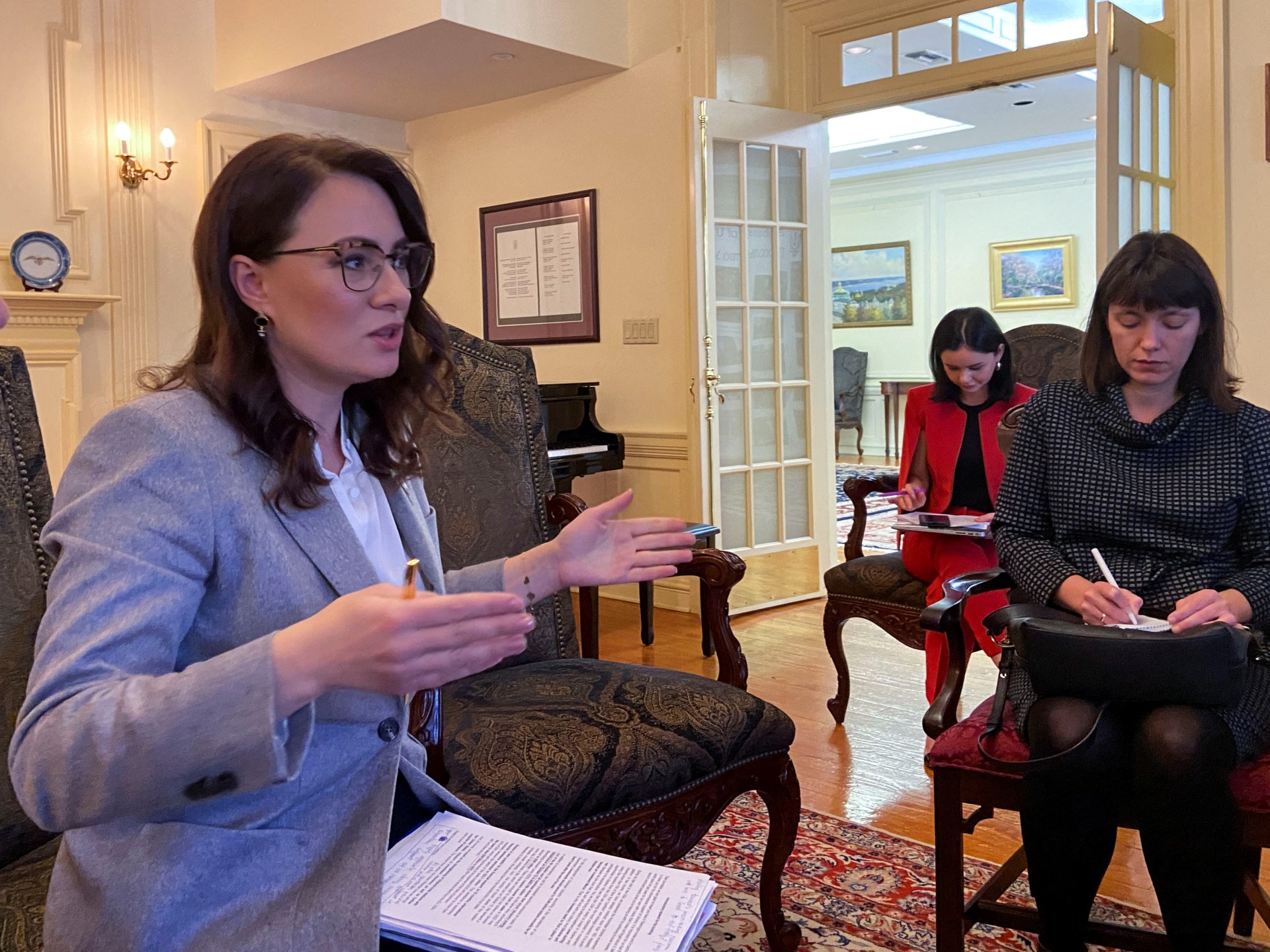It might seem bizarre to speak of hope in these dark times. In Palestine, the horror of genocidal violence is coupled with the sickening acquiescence of Western powers to it. In Sudan, war rages, with the people of Darfur once again facing war crimes on a mass scale. While in the United States, the blitzkrieg advance of broligarchic authoritarianism has caught many by surprise and left devastation in its wake.
Yet, hope there is. For, across the icy ground of political repression and reaction, the green shoots of possibility are poking through, with movements of various sorts pointing towards a paradigm shift that places people before profit and, in so doing, charts a pathway for progressives.
The latest example is the victory of Zohran Mamdani in the Democratic Party’s primary election for New York’s mayoral race. Mamdani was successful because he focused on the economic difficulties faced by the poor and middle class and promised free, foundational basics, like public transport and childcare. Importantly, he proposed paying for all this by raising taxes on corporations and the rich.
In the United Kingdom, after years in the wilderness, progressives of various sorts are rallying behind Zack Polanski’s bid to lead the Green Party. After he announced his intention to contest the leadership seat, party membership jumped by 8 percent in the first month alone, as people embraced his call to rein in corporate power, tax the rich, and make sure that the state serves the 99 percent instead of the 1, now and in our climate-threatened future.
In the Global South, similar trends are in evidence. In India, in the last election, the Congress party finally managed to stem the ruling Bharatiya Janata Party’s saffron tide by promising unconditional income support to each poor family alongside universal, cashless health insurance. This came after one of the world’s largest basic income trials, conducted in Hyderabad, produced hugely exciting results that fed into Congress’s thinking, with policies to be funded by more redistributive taxation.
Likewise, in South Africa, the inheritors of the country’s anti-apartheid struggle have built a nationwide movement to demand extension of what was initially an emergency relief grant during the COVID-19 pandemic into a permanent basic income designed to ensure economic security for all. Aside from increasing progressive taxation, one of the more exciting ideas to emerge from this struggle for economic justice has been to frame (and fund) the basic income as a “rightful share” due to all citizens as their portion of the country’s wealth.
What unites all these various developments?
To begin to make sense of them, we first need to remind ourselves that the two fundamental questions of all politics are simply who gets what and who decides. In our present global capitalist order, the (very) rich decide, and they allocate most of the wealth that exists to themselves. In turn, like rulers throughout the ages, they pit the have-nots against those who have even less, maintaining their dominance through divide-and-rule.
At the heart of this strategy sits a foundational lie, which is repeated ad infinitum by the corporate misinformation architecture. The lie is: there is not enough to go around, because we live in a world of scarcity. From this awful premise stems the violent division of the world into “us” and “them”, the line between one and the other determining who will and will not have access to what is needed to live a decent life. From there, it is a short step to the disciplinary notion of “deservingness”, which adds the veneer of moral justification to otherwise uncomfortable exclusions.
The contemporary rise of the far right is little more than an expression of these foundational tensions. When people struggle en masse to make ends meet, they demand more, and when they do, those who control the purse strings as well as the narrative double down on the story that in a world of scarcity, people can only have more if some other, “less deserving”, people have none.
In this historical tragedy, the far right plays a treacherous role, protecting the rich and powerful from discontent by sowing division among the dispossessed. While the centre-left – long the hapless accomplice – plays that of the useful idiot, unquestioning in its acceptance of the founding myth of scarcity and thus condemned to forever attempt the impossible: treating the symptoms of inequality without ever addressing its underlying cause.
The alternative to this doom-loop politics is obvious when you stop to think about it, and it is what distinguishes each of the exciting examples noted above. The first step is a clear, confident affirmation of what most of us intuitively know to be true – that abundant wealth exists in our world. Indeed, the numbers make clear that there is more than enough to go around. The issue, of course, is just that this wealth is poorly distributed, with the top 1 percent controlling more than 95 percent of the rest of humanity, with many corporations richer than countries, and with those trends only set to worsen as the hyper-elite write the rules and rig the political game.
The second, most vital, step is to put the question of distribution back at the centre of politics. If common people struggle to make ends meet in spite of abundant wealth, then it is only because some have too much while most do not have enough.
This is exactly what progressives in the US, the UK, India, and South Africa have been doing, evidently to great effect. And this should be no surprise – the data shows again and again that equality is popular, voters like fairness, and overwhelmingly people support limits to extreme wealth.
The third step is to frame progressive demands as policies that meet people’s basic needs. What unites free childcare, healthcare, and transport? Quite simply, each of these straightforward measures will disproportionately benefit the poor, working majority and will do so precisely because they represent unavoidable everyday expenses that constrain common people’s spending power. By the same token, basic income is attractive both because it is simple and because it offers the promise of foundational economic security for the majority who presently lack it.
Yet what also unites these policy proposals and the platforms they have come to represent is that they are all in important ways unconditional. It is difficult to overstate how radical this is: almost every aspect of global social policy is conditional in one sense or another. The guaranteed provision of foundational basics to all without exclusion goes against the very idea of scarcity and its craven companion, deservingness.
What it says is that we all deserve because we are all human, and because of that, we shall use the resources that exist to make sure that we all have at least the basics that make up for a decent life.
In this radical message, hope abounds. Our task now is to nurture it and help it to grow.
The views expressed in this article are the author’s own and do not necessarily reflect Al Jazeera’s editorial stance.




Leave a Comment